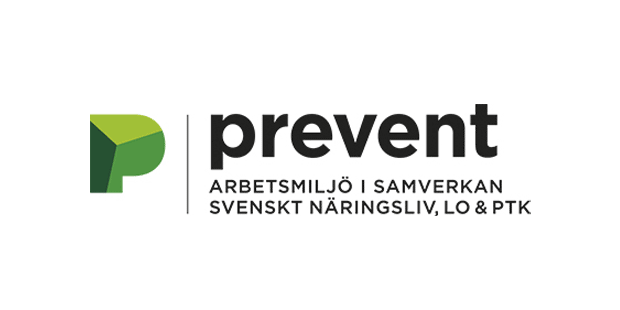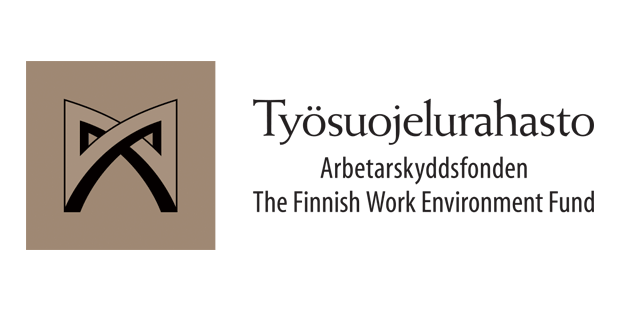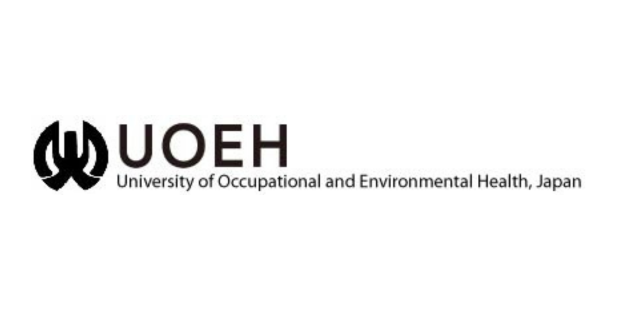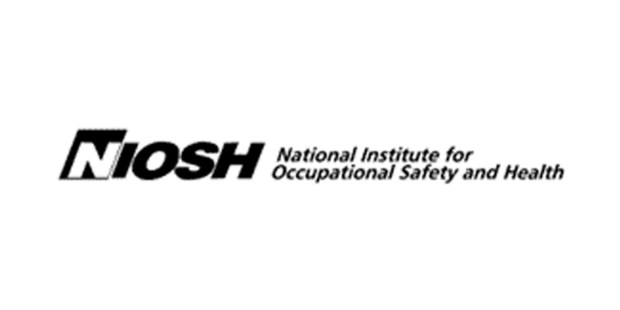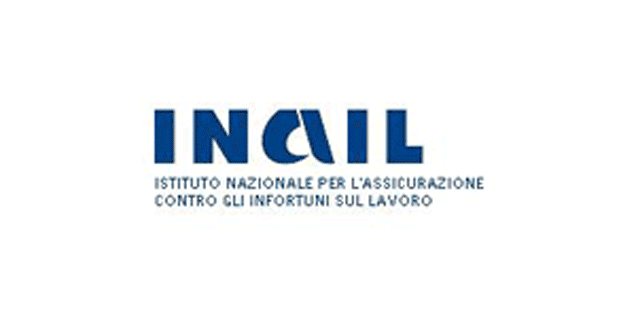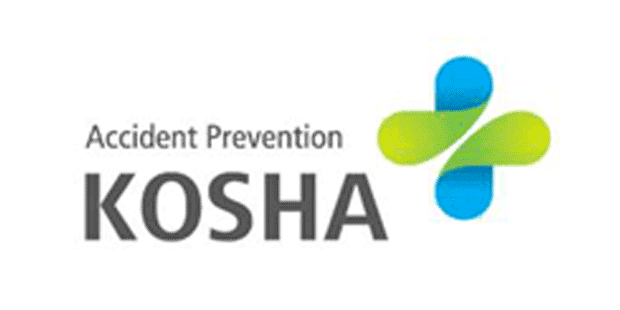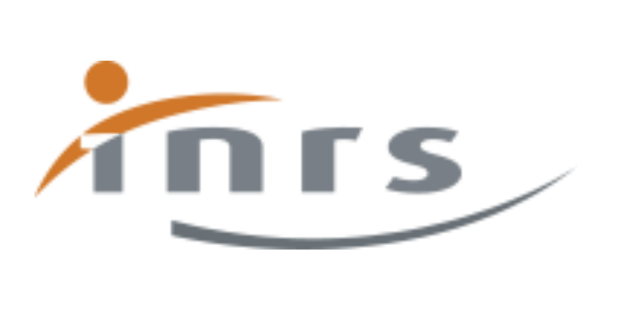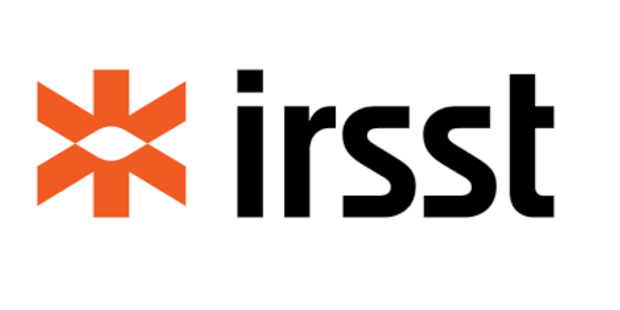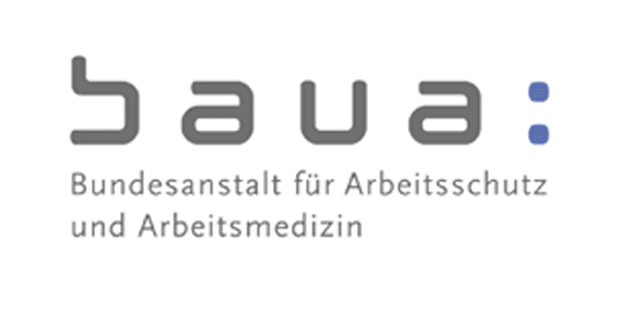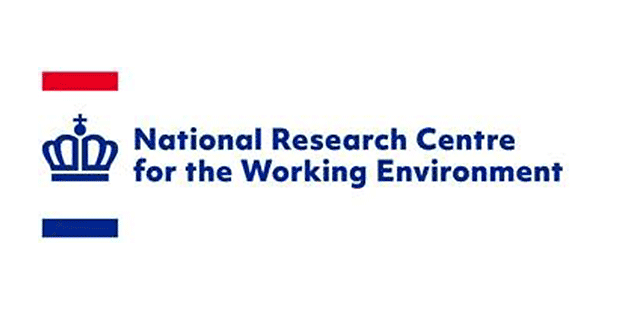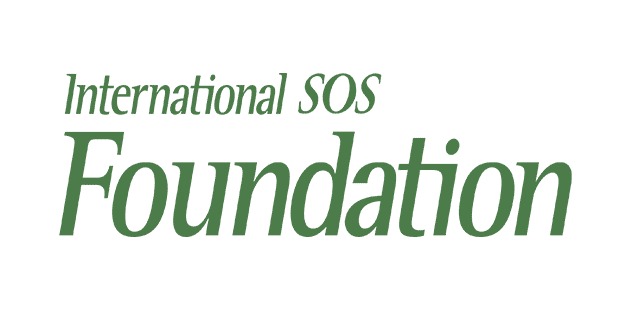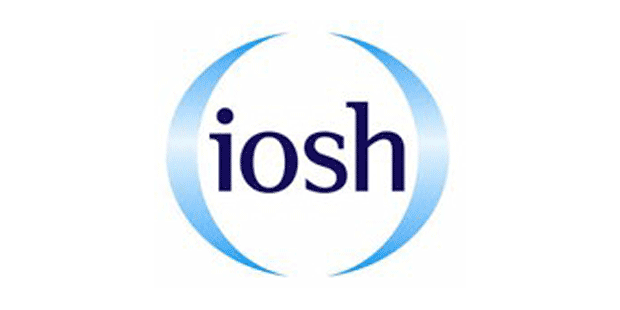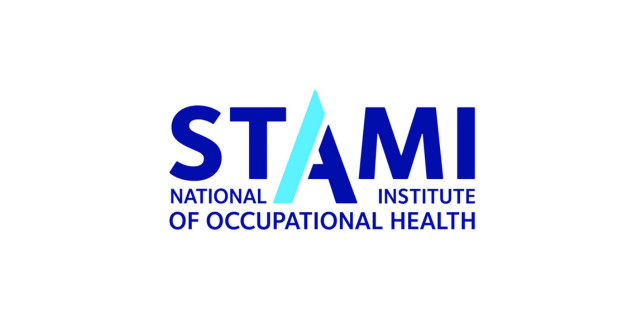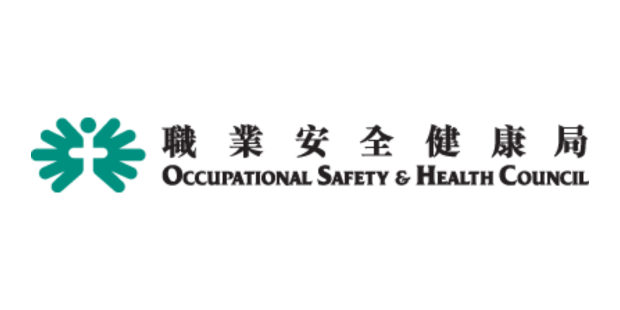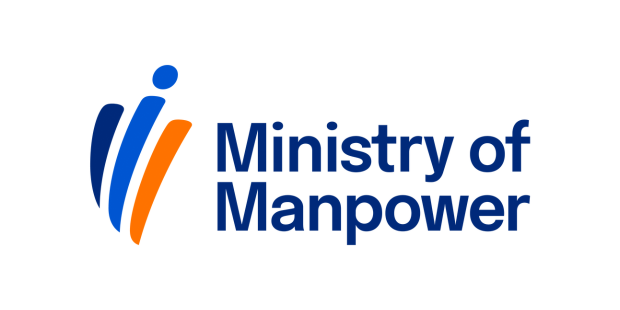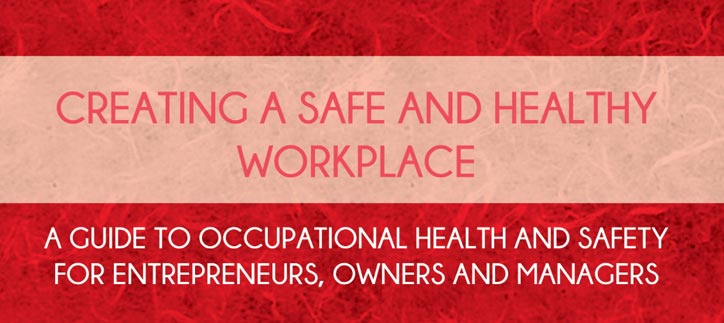Message from the President (June, 2009)
Dear ICOH Colleagues,
The major progress reported at ICOH 2009, our triennial congress held in Cape Town, was greatly encouraging. Progress was seen in prevention strategies responding to diversifying workplace needs, risk assessment methods, and various programmes for bridging gaps.
I am very grateful to all the ICOH members for showing their confidence in ICOH′s work. This confidence was clear in the activities reported at the congress and the elections held this year. The new Board members and the Officers who met in Cape Town agreed to further develop ICOH activities and its network towards our common aim of enhancing occupational health research and practice worldwide. In order to achieve this, we need to further reinforce the strengths we have and improve our joint action.
What are our strengths?
We agree that the strengths of ICOH are represented by our unified effort to upgrade occupational health practices in today′s increasingly diversifying world of work and by our close partnership with international allies and networks. One notable strength of ICOH is its networked research into proactive assessment and control of workplace risks. This strength is based on our experience as key actors close to stakeholders in workers’ health issues.
Another important strength is indicated by our core roles in linking occupational health and development. We offer practical tools for improving working conditions and environment in underserved sectors, particularly in industrially developing countries. The two pillars of ICOH, the Scientific Committees and the National Secretaries, play vital roles in combining our efforts in all these aspects.
In Cape Town, progress was thus seen in assessing and controlling musculoskeletal disorders, respiratory diseases, psychosocial factors, and emerging risks such as neurotoxic, allergic, reproductive or infectious hazards. Particular attention was then drawn to proactive toolkits, such as health promotion models, control banding and similar tools for primary prevention, participatory training packages and workplace surveillance systems. The continued emphasis on the ethics of occupational health professionals provides a strong basis for our contributions.
Progress was also seen in protecting the health of workers in small enterprises, agriculture, informal economies and a large variety of workplaces in industrially developing countries. ICOH′s financial support, provided to about 100 participants from these countries, helped discuss urgent issues and action-oriented methods in serving the underserved workplaces.
Our common plans of action
At the two ICOH General Assemblies held in Cape Town, we mutually felt the strong need of taking concrete steps to execute our work plans for 2009–2012. Our common plans of action may include (a) advancing proactive risk assessment and control at work, (b) extending occupational health services to all workers in all countries, (c) developing action-oriented toolkits for field use, and (d) reinforcing the ICOH network for worldwide action.
In all these domains, we need to develop action-oriented procedures for workplace risk assessment and control especially through the Scientific Committees. Workable procedures are needed to address both traditional and emerging health risks at work. It is gratifying that the guidelines, action models and toolkits being developed by the Scientific Committees and regional and national groups are being put to wide use at different work settings.
New approaches including Basic Occupational Health Services and healthy workplace initiatives are presenting new paradigms in workers’ health in various difficult conditions, with the active support of the ILO and WHO. In many sessions in Cape Town, discussion centered around effective measures to address both new and traditional issues in this time of global economic crisis.
What do we need to improve?
One important lesson we have learned through discussion of these advances is the need to present practical management goals and procedures that are workable in varied workplace situations. A special effort is needed to develop action-oriented guidelines and toolkits for health surveys and primary prevention measures.
We need to improve our speed of producing practical outputs, as the discussion at the Cape Town Congress and at the subsequent Board meeting revealed. Examples are ready-to-use types of guidelines, toolkits and model systems. We certainly need to increase the visibility of ICOH activities in our health and safety fields. More concerted action is also needed to increase our membership, particularly of young members. In other words, we need to make specific efforts to produce outputs, enhance visibility and increase membership. In fact, we have made some gains in these aspects in recent years, but we need to make more concerted efforts in overcoming these constraints.
We are at the second triennium following the Centennial event in Milan. This gives us a unique opportunity to solidify our network-based strengths and produce outputs that have real impacts. This requires not only our concerted effort, but also specific plans with clearly defined goals in each area of action we are engaged in.
Communication and meetings
Let us communicate through the Scientific Committees, working groups and project teams and through National Secretaries about work plans and gained achievements. For this purpose, information exchange through the newly developed ICOH website will be very useful.
The meetings of Scientific Committees, regional and national conferences, meetings of ICOH members and various training programmes provide valuable means of ascertaining the progress of our work plans. Joint preparation of ICOH 2012 in Monterrey and ICOH 2015 in Seoul will give us further opportunities to advance ICOH work. Let us therefore strengthen communication reporting on progress in these activities and meetings, also through the ICOH website.
Let me wish all our members a fruitful triennium and the best success in our joint plans for occupational health for all.
Kazutaka Kogi
President of ICOH


